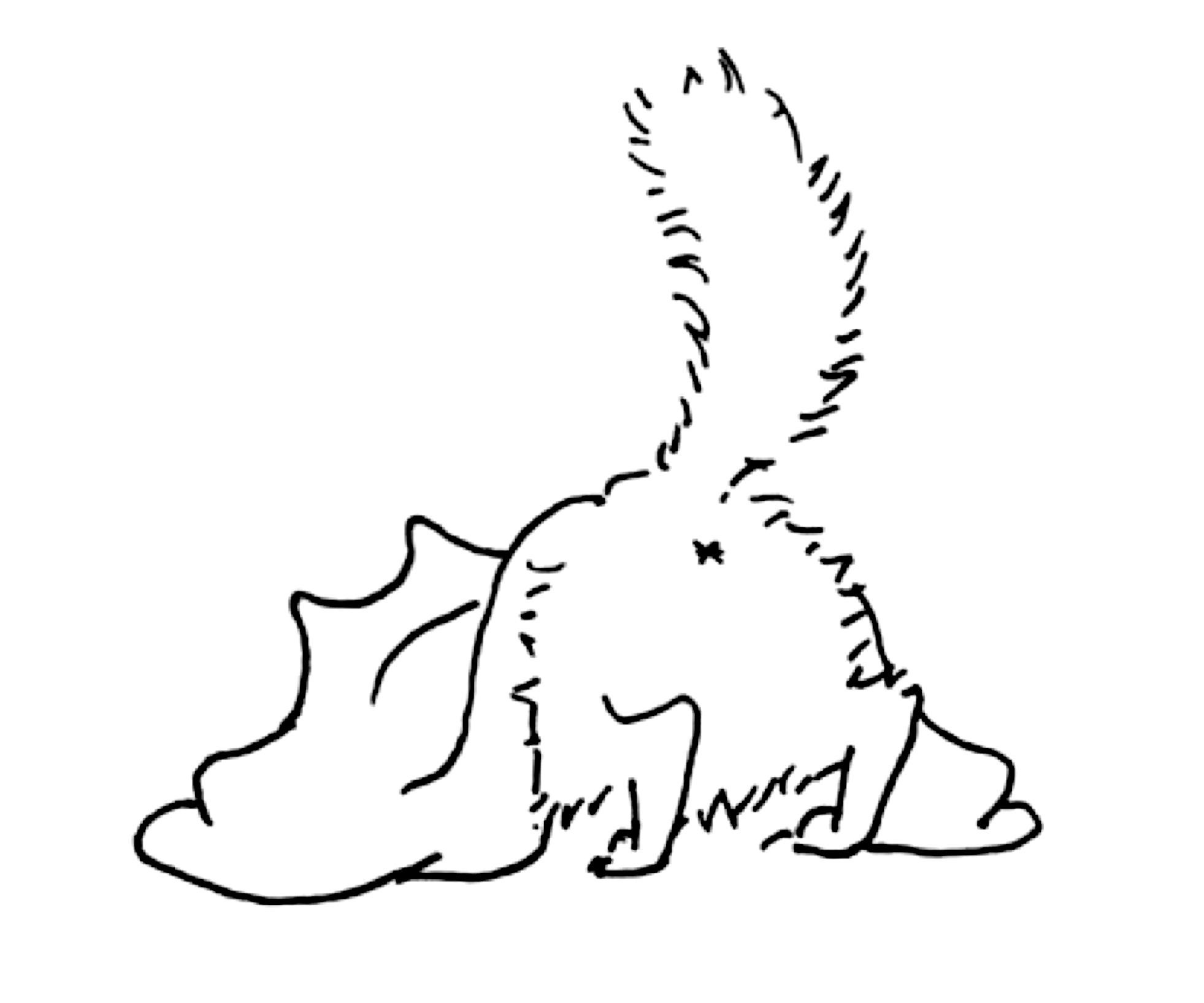
Persis Bekkering, Stefa Govaart, Tessel Veneboer
Who Is Sex?
16 August
If sex is not a “natural” landscape of stability upon which the “unnatural” vicissitudes of culture play out, then sex is maybe a regime of negativity, vexed as it is by a history of contestations over what a body is or should be––how it is to behave, gesticulate, speak, walk, cry and scream.
For SU, we sit with Jacques Lacan’s five words “There is no sexual relation”, a statement of sex negativity which we do not understand but desire to work out and stage. Lacan’s statement in the negative never aimed to mean that relations are––ultimately––impossible. We wave farewell to truisms like “relationships are impossible” or “true love doesn't exist”.
Who Is Sex? follows Alenka Zupančič’s What is Sex? (2017): such platitudes misconstrue sex’s confrontation with (the) non-relation as “the cause of the oddities and difficulties within all concrete relationships” (Zupančič, What is Sex?, 23). To falsely decode the non-relation as an obstacle is to think it can be overcome. But for Lacan it wasn’t an obstacle to but the (il)logical condition of relational possibility. So sex names a structural antagonism without the optimism of ontological completeness: “We have never had sex,” declares philosopher Oxana Timofeeva.
Two SU days during which sex is an intellectual mode of discernement, an (il)logic that resides in “this symbolic hole”, the opposite of “non-thinking” (Žižek, Sex or The Failed Absolute, 13-14), we attempt at asking if Zupančič’s What is sex also asks Who is sex?
We will do so by means of collective reading sessions of postlacanian/marxistfeminist/trans theory. At night, we read contemporary poetry out loud. Speaking obliquely is the proper way to speak about sex", insists philosopher Mladen Dolar ("Running Wild," 90-91). Oblique speaking necessitates dialogue, discussion and performance––you.
For SU, we sit with Jacques Lacan’s five words “There is no sexual relation”, a statement of sex negativity which we do not understand but desire to work out and stage. Lacan’s statement in the negative never aimed to mean that relations are––ultimately––impossible. We wave farewell to truisms like “relationships are impossible” or “true love doesn't exist”.
Who Is Sex? follows Alenka Zupančič’s What is Sex? (2017): such platitudes misconstrue sex’s confrontation with (the) non-relation as “the cause of the oddities and difficulties within all concrete relationships” (Zupančič, What is Sex?, 23). To falsely decode the non-relation as an obstacle is to think it can be overcome. But for Lacan it wasn’t an obstacle to but the (il)logical condition of relational possibility. So sex names a structural antagonism without the optimism of ontological completeness: “We have never had sex,” declares philosopher Oxana Timofeeva.
Two SU days during which sex is an intellectual mode of discernement, an (il)logic that resides in “this symbolic hole”, the opposite of “non-thinking” (Žižek, Sex or The Failed Absolute, 13-14), we attempt at asking if Zupančič’s What is sex also asks Who is sex?
We will do so by means of collective reading sessions of postlacanian/marxistfeminist/trans theory. At night, we read contemporary poetry out loud. Speaking obliquely is the proper way to speak about sex", insists philosopher Mladen Dolar ("Running Wild," 90-91). Oblique speaking necessitates dialogue, discussion and performance––you.

*Back